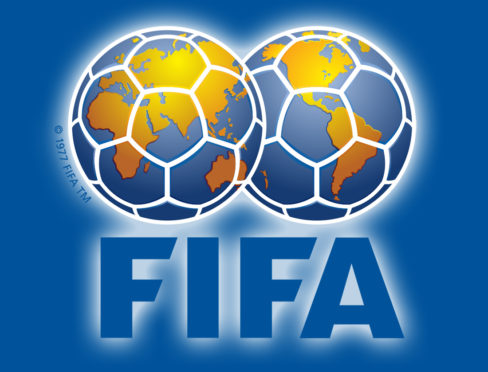The world cup has had a long and storied history of famous goals and not so great decisions. But, at the end of the day, there’s nothing more exhilarating than watching your favorite national team duke it out on a big stage against other nations, big or small.
The Fédération Internationale de Football Association (FIFA) was founded in the rear of the headquarters of the Union Française de Sports Athlétiques at the Rue Saint Honoré 229 in Paris on 21 May 1904. The foundation act was signed by the authorised representatives of the following associations:
Present at that historic meeting were: Robert Guérin and André Espir (France); Louis Muhlinghaus and Max Kahn (Belgium); Ludvig Sylow (Denmark); Carl Anton Wilhelm Hirschman (Netherlands); Victor E Schneider (Switzerland). Sylow also represented the SBF while Spir performed the same function for the Madrid Football Club.
On 14 April 1905, the Executive Committee of the FA recognised the national associations affiliated to FIFA and joined. This was FlFA’s first big success and the credit was due Baron Edouard de Laveleye. With great personal effort, the president of the Union Belge des Sociétés de Sports Athlétiques dissipated the last misgivings of the English. The Baron became the first honorary member of FIFA.
The success of the Olympic Football Tournament intensified FlFA’s wish for its own world championship. Questionnaires were sent to the affiliated associations, asking whether they agreed to the organisation of a tournament and under what conditions. A special committee examined the question, with President Jules Rimet the driving force. He was aided by the untiring Secretary of the French Football Federation, Henri Delaunay.
The first FIFA World Cup opened at the brand-new Estadio Centenario in Montevideo on 18 July 1930. It was the beginning of a new era in world football and the inaugural event proved a remarkable success, both in a sporting and a financial sense. Of course, the organisers were disappointed that only four European sides had participated. The anger in Montevideo was so intense in fact that four years later, world champions Uruguay became the first and only team to refuse to defend their title.
And that is how we got the world cup we know and love today.
Over the past 25 years football has enhanced its status as the world’s leading game, reaching into other branches of society, commerce and politics. Football, more than any other factor, has enveloped whole regions, people and nations.
With approximately 200 million active players it now constitutes a substantial chunk of the leisure industry, having opened up new markets for itself and for the rest of the business world.
The potential has yet to be exhausted, especially in Asia and North America. As of mid-2007, FIFA has grown to include 208 member associations, thus making it one of the biggest and certainly the most popular sports federation in the world.






